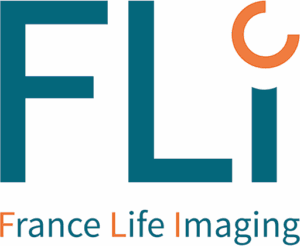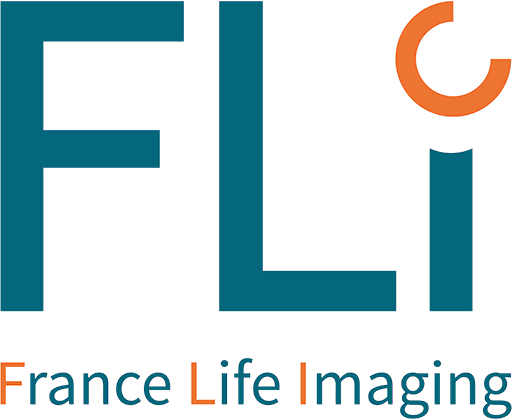M2 Internship + PhD thesis IRAMIS Lab
Background and mission :
case aims at assessing a learning procedure. It is useful
for instance to compare models and to be able to tell if one approach is significantly better than another one or if the difference is due to chance. How to properly perform such statistical assessment is still a matter of active research. Indeed, one needs to account for multiple sources of variance, not only coming from the testing set but also from the training set, from hyperparameter choices, from random seeds… How to do this remains an open problem even though some interesting directions have been proposed (Bouthillier et al, 2021).
Therefore, this project aims at studying statistical methods for assessing learning procedures for neuroimaging data analysis. It will include a back and forth between experimental aspects and theoretical aspects (new experimental results potentially leading to modification of statistical procedures which would in turn lead to new experiments).
To that purpose, the experiments will rely on ClinicaDL (https://clinicadl.readthedocs.io/), a software platform for reproducible deep learning in neuroimaging.
More specifically, the project will include the following aspects:
– Theoretical analysis of statistical approaches for assessing learning procedures
– Overview of existing practices and litterature
– Performing experiments on standard benchmark data
– Performing various experiments with ClinicaDL across different neuroimaging tasks (classification, regression, segmentation…) and various datasets (starting with datasets on Alzheimer’s disease and then moving to include datasets with other pathologies in order to: i) measure the different sources of variances of learning procedures and see if the conclusions made for general ML benchmarks hold in our context; ii) assessing if the existing proposed statistical approaches are adapted across our tasks of interest (to that purpose, we will compare them to more comprehensive but computationally heavy
procedures)
– If needed, enrich ClinicaDL with new models and datasets if the ones currently available are not sufficient
– Based on experimental results, propose revised statistical procedures that are adapted depending on the context (task, number of samples, type of network, dataset…)
– Implement the statistical procedures in ClinicaDL
This is an ambitious project. Only a fraction of the aforementioned work can be performed within the timeframe of an internship. This is why we propose to potentially continue the internship by a PhD.
– O. Colliot, E. Thibeau-Sutre, Brianceau C, and N. Burgos, “Reproducibility in medical image computing: what is it and how is it assessed?,” 2024. https://openreview.net/forum?id=3fIXW9mFfn
– X. Bouthillier, P. Delaunay, M. Bronzi, A. Trofimov, B. Nichyporuk, J. Szeto, N. Mohammadi Sepahvand, E.
Raff, K. Madan, V. Voleti et al., “Accounting for variance in machine learning benchmarks,” Proceedings of
Machine Learning and Systems, vol. 3, pp. 747–769, 2021. https://arxiv.org/abs/2103.03098
– G. Varoquaux and O. Colliot, “Evaluating machine learning models and their diagnostic value,” To appear in Machine Learning for Brain Disorders, Springer, HAL preprint, vol. hal-03682454, 2023 https://hal.archivesouvertes. fr/hal-03682454
Diplomas required :
Master or engineering degree with a specialization in machine learning and/or statistics –
Skills required:
Excellent background in statistics and machine learning – Excellent programming skills in Python – Good writing skills – Good relational and communication skills – Ability to collaborate efficiently with other team members
Structure :
A vibrant scientific, technological, clinical and ethical environment
You will work within the ARAMIS lab (www.aramislab.fr) at the Paris Brain Institute (http://www.icminstitute.
org), one of the world top research institutes for neurosciences. The institute is ideally
located at the heart of the Pitié-Salpêtrière hospital, downtown Paris.
The ARAMIS lab, which is also part of Inria (the French National Institute for Research in
Computer Science and Applied Mathematics), is dedicated to the development of new machine
learning and statistical approaches for the analysis of large neuroimaging and clinical data sets.
To perform large scale experiments, you will have access to the Jean Zay supercomputing
infrastructure which comprises about 2,000 V100 GPUs and about 400 latest generation A100 GPUs.
The internship/thesis will be directed by Olivier Colliot (Research Director). The intern will be
interacting frequently with engineers and PhD students working on the ClinicaDL and Clinica software
platforms, in particular Camille Brianceau (engineer) and Ravi Hassanaly (PhD student). The project is
also part of a large scale international collaboration on this topic involving in particular the German
Cancer Research Center at Tübingen and the Soda Team at Inria Saclay.

